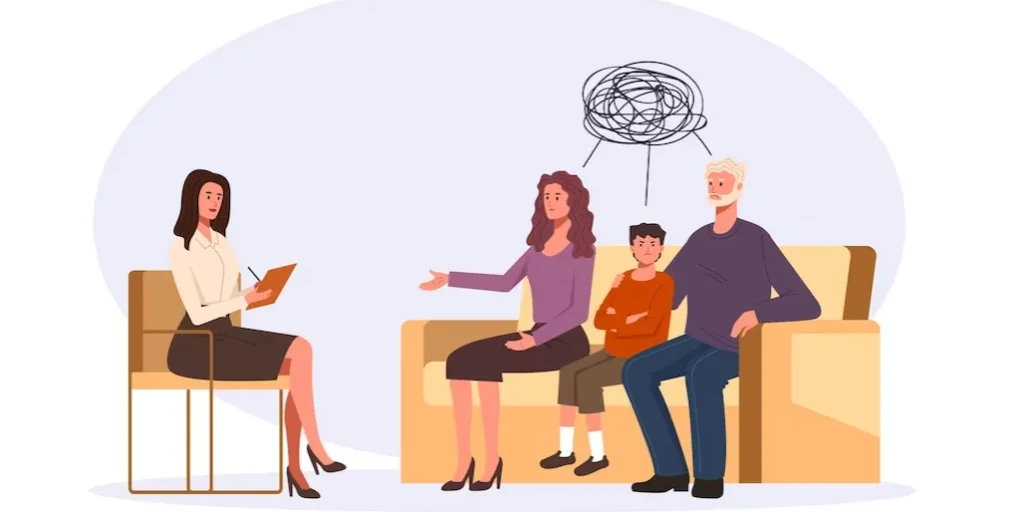24/7 Helpline:
(866) 899-111424/7 Helpline:
(866) 899-1114
Learn more about Substance Abuse Treatment centers in Vanderburgh County
Substance Abuse Treatment in Other Counties

Other Insurance Options

Health Partners

Amerigroup

Aetna

Self-pay options

Medical Mutual of Ohio

Excellus

UnitedHealth Group

BHS | Behavioral Health Systems

Sutter

Lucent

Horizon Healthcare Service

Highmark

ComPsych

Holman Group

Optum

MVP Healthcare

AllWell

Magellan

Optima

Health Choice







































